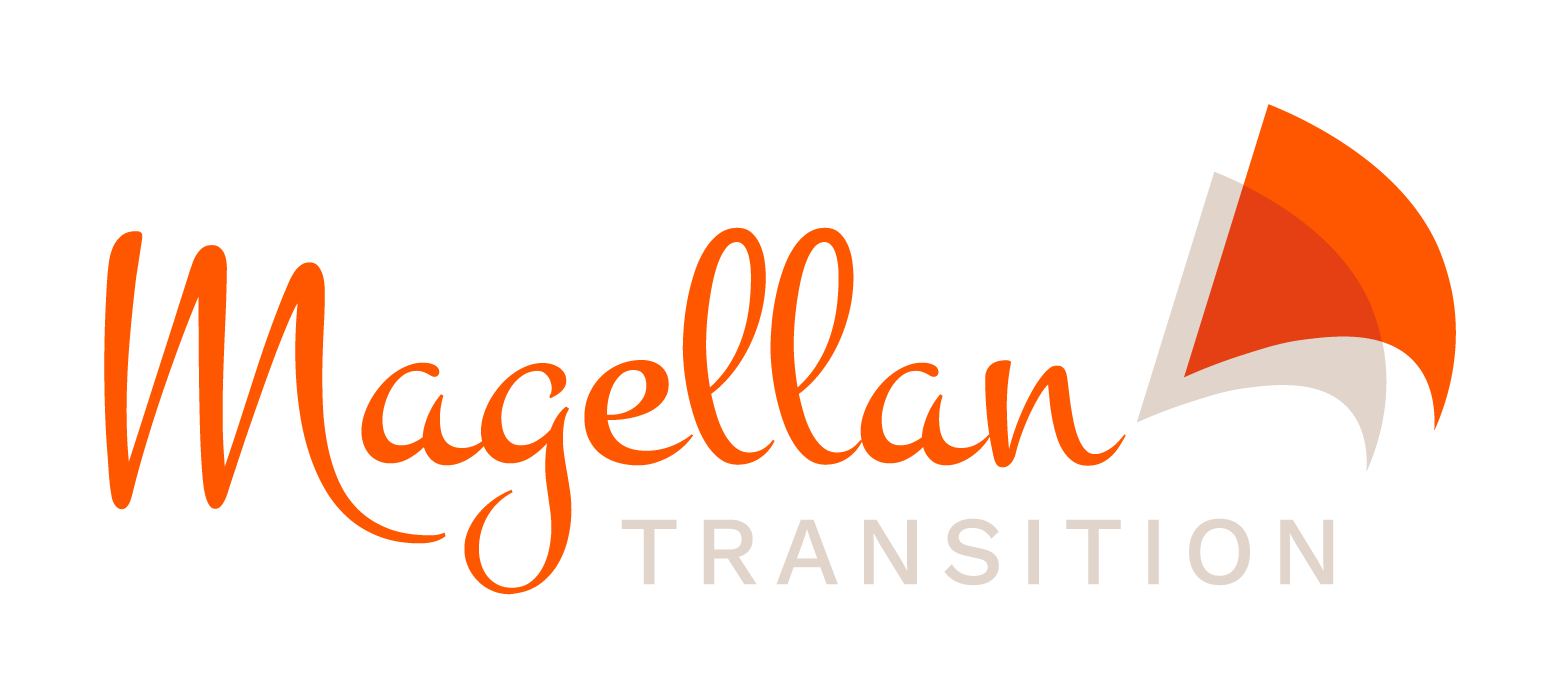“It’s the sum of the parts that make up the whole, so in my opinion excellence comes from how one undertakes to do something. It all begins with the thought process – which is creative and exalted to produce something out of the ordinary” Pankaj Patel
WHAT ARE CONCERNS DO MANAGERS AND TEAMS HAVE?
With the instantaneous and prolonged lockdown, we have tumbled into the basic needs of Maslow’s Pyramid.
“Before we can direct employees’ energy towards performance, we must ensure that they feel safe and that they also feel part of a stable and cohesive whole.” Health and safety therefore remain a concern in the background for managers and teams. (14%) Physical health AND psychological health itself are fuelled by the uncertain and anxiety-provoking climate of the current economy. “We’ve noticed a certain amount of fatigue, combined with great anxiety in our employees.” Some teams, especially those who suffered from a lack of organization and/or connections during the 100% telework phase, have disengaged. “We’ve noticed that 10% of employees within our company have experienced real trauma during this period.”
KEEP THE CONNECTION and THE NEW way of ORGANIZing WORK
Different individual realities – more or less psychologically impacted combined with a (very) long period of teleworking – has contributed to a distortion of the social connection in companies. For 14% of you, keeping the connection and team spirit is the main concern of managers today. “It’s about rebuilding a routine which helps rebuild connections.” Getting your team recommitted by encouraging them to return to the office… while also remaining flexible… the new way of organizing work is a real challenge for managers. 46% of you think that the new way of working is the No. 1 challenge for managers and teams. “Not to mention sharing our corporate culture when we welcome newcomers. With teleworking mandatory for us until January, it’s a huge challenge.”
How can the flexibility of teleworking be managed while still maintaining social ties? “There is a new balance to be found, and at the moment it’s difficult to organize ourselves in a sustainable way, due to uncertainty related to government measures.”
Performance
Once security and belonging needs are guaranteed, Managers and teams are often more committed to the performance and survival of the company. (26%) In some sectors, the employee performance and their exceptional involvement has contributed to a transformation, originally planned for the medium term, and carried out in 2/3 months. Other sectors, impacted at the core of their activities, have – on the contrary – experienced subpar activity that has – in some cases – forced them to separate from many employees. The difficulty for those who remain in the company is to continue working whilst experiencing “survivor syndrome.”
WHAT ARE THE EMERGING NEEDS?
In the uncertainty in which we live, clarity and meaning are the great emerging needs of this time. When certain decisions are misunderstood, confusion and inefficiency can be expensive. 51% of you recognize your employees’ need to have a clear vision of the company’s strategy, while 26% note the need to give meaning. No surprise really, except the clarity of the conversations coming forward around this question. “Topics that until now were secondary have become essential and are now primary in businesses.”
WHERE ARE WE GOING? WHAT ARE WE DOING THIS FOR?
The word meaning can be understood here in different ways: direction, feeling and, of course, meaning itself. Giving meaning in business means being able to make people feel (feeling), make them understand where we are going (direction) and the reason why we are going (meaning). “Because of the crisis we are experiencing, we had to let a large part of our workforce go. To regain the strength and energy needed to continue, we are now refocusing on our values and our mission.”
However, there is no magic wand when it comes to the main purpose: “We have been working and communicating our purpose to our employees for several years and this does not remove the difficulty and shortness of breath that we are experiencing today.” With this need for meaning and clarity, employees want, for 23% of you, new ways of working. “With the lockdown we suddenly had an open window for our employees.” This brought great solidarity between the members of the same team. We have also seen more vulnerability from some, which was previously hidden in the private sphere. Fewer facades, more authenticity? However, we do not want “digitalization to the extreme, on the contrary, we strongly feel the need for humanity in work, combined with flexibility. “ In regards to the way work is organized, teleworking has opened a new path that will not close. “Now it’s a matter of rearranging ourselves and finding the balance in order to meet needs for both flexibility and connection.”
WHAT ARE OPPORTUNITIES ARE EMERGING?
After exploring the concerns and needs present in companies today, we took the time to look at what opportunities have sprung from this crisis. For the Chinese, the word crisis consists of two ideograms Wei (danger) and Ji (opportunity). This is the paradox of a crisis: it is a difficult situation that allows you to seize new opportunities and bounce back. The 3 opportunities at the top of the list are for you:
- Humanizing professional relationships (29%)
- New ways of working (28%)
- Reconnecting with the essentials (27%)
Employees taking care of each other during the “hot” period of the crisis has led to the emergence of individual situations that are sometimes very difficult. “The individual has resurfaced in the collective and we have made more room for individual needs.” With strict rules regarding teleworking being upheld for certain countries or sectors, the need for relationships, connections, becomes crucial. “I realized that many people are lonely and thrive on the human relationships within our company.” Many remote teams have experienced the lack of informal exchanges between colleagues, the famous coffee break. However, these exchanges help to streamline our relationships, facilitate coordination and nourish the corporate culture. “We come back to different companies, with more attention to others and in terms of management, it has become essential to listen!” In our way of working, a lot of freedom has sprung up, much more creativity too.
Finally, good habits to keep for 28% of you. “This crisis has lifted a burden, it is a real opportunity for us to reconnect with the essential.” Shared by 27% of the participants in the round tables, this opportunity brings many avenues to explore. For some “we finally detached ourselves from employees who were not 100% invested in the company’s project” or they removed themselves, realizing that they wanted to change their lives! For others “curiously, our clients also feel like less of a burden, especially those who were energy vampires and who took us away from who we really are.” In his bestselling book “From performance to excellence”, Jim Collins studied what really characterizes successful companies. And he found an interesting paradox. The complexity of today’s environment, increasingly fierce competition and continuous and rapid technological innovations, justifies a sophisticated and complex management model. But the most successful companies have built their success on an extremely simple concept, but one that they master perfectly.
This is what he called “The Concept of the Hedgehog.” These companies behave like the hedgehog: faced with the complexity of the world, they develop a concept as simple as possible, they exploit it to its full potential and use it as a guide to make their strategic decisions. Take this as your sign to reconnect with the essentials in order to move forward in an increasingly uncertain and complex world!

